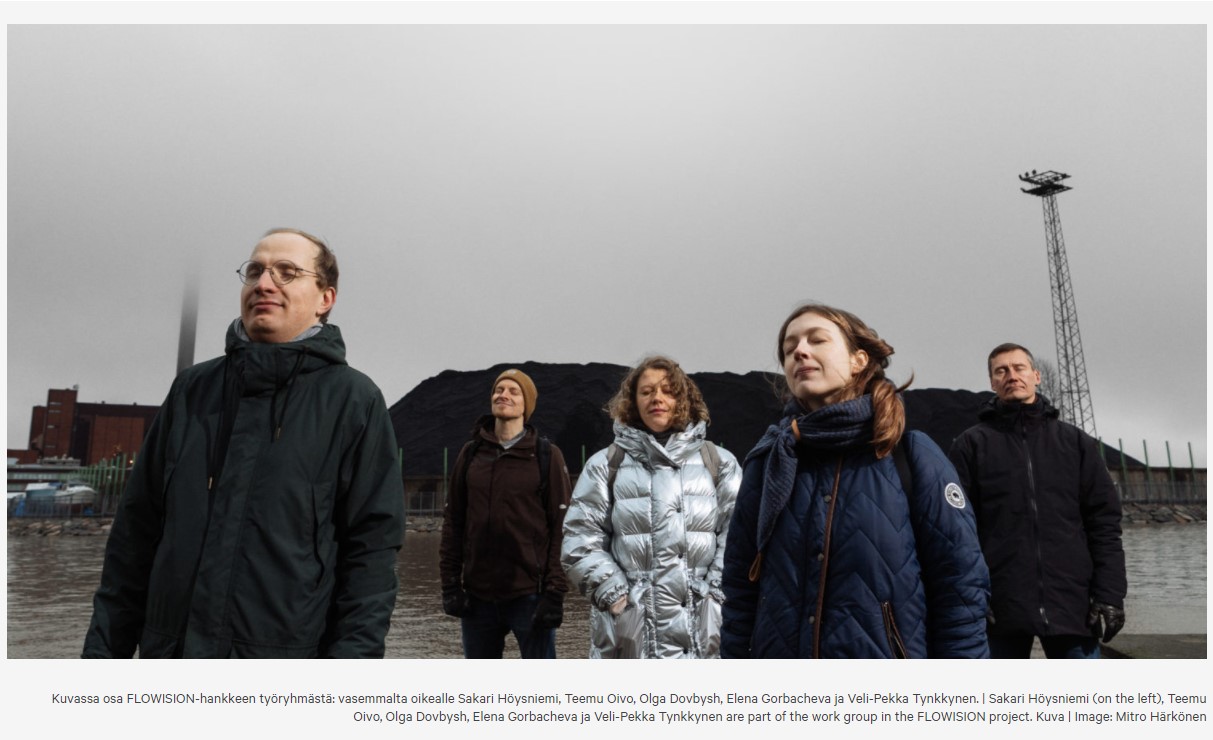Last week Kone Foundation announced the recipients of its 2020 call and we are happy to say that Margarita Zavadskaya and Elena Gorbacheva will be taking part in one of the projects that were funded, FLOWISION – a 4-year project that will start in January 2021.

In the Changing “neighbournesses” of Finland funding programme’s now-ending, last thematic grant call, Sustainable Development, Russia, and Finland, the biggest grant went to Associate Professor in Russian Environmental Studies Veli-Pekka Tynkkynen and the FLOWISION consortium’s project. The project’s researchers, journalists and documentary filmmakers are aiming to make the flows of energy and waste visible. In so doing, they say, it is possible to reveal the political dimension of resource flows and to compare practices in Finland, Russia and elsewhere.
“In the project we have also wanted to listen intently to petrocultures that are seen as detrimental for mitigating climate change, i.e. to the ways that using oil is part of society and of our way of living. Trump’s USA and Russia are examples of what, from a European viewpoint, are often seen as petrocultures. And yet 75% of EU energy consumption involves fossil fuels, i.e. is based on oil, gas and coal.
In energy-poor countries such as Finland imported energy is not visible in the same way as it is, for example, in Russia, where fossil-fuel energy is indigenous and where oil in many senses greases the wheels of society. Energy-related materialities are more visible there, and it is thus possible to view them from the perspective of political power, too.
Once the project has begun, we will carry one trying to listen to these positive signals in what is generally considered the ‘dark side’ of the energy sector. Such listening offers a possibility for making the dark side of petroculture brighter. We believe that listening to these signals can help us as we aim for an energy transition, i.e. when we try to replace fossil energy with renewables.”
More information can be found from Kone website.
